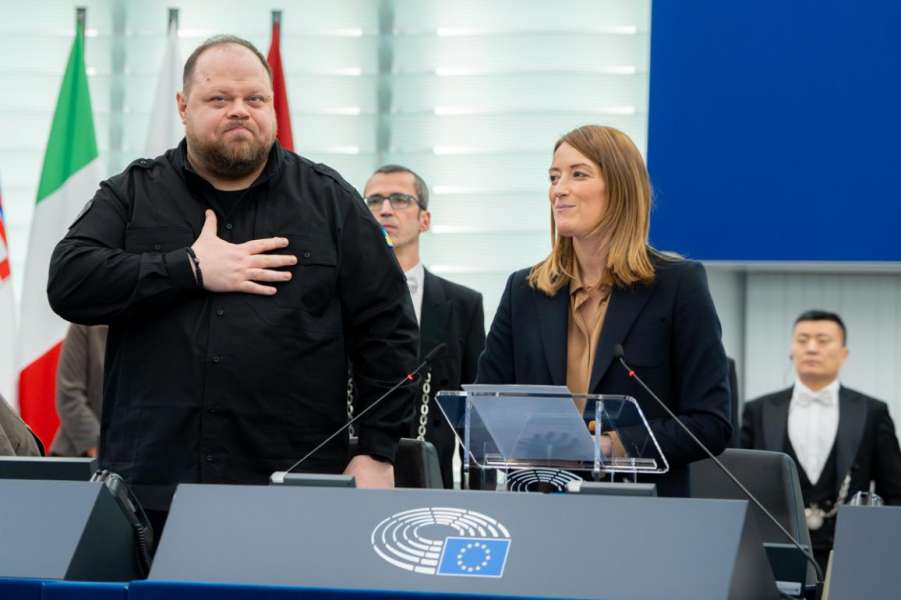How the EU supported Ukraine in 2025: key decisions of the European Parliament
The European Union and the European Parliament continue to show unwavering support for Ukraine in 2025. From sanctions against russia to concrete steps in the field of cooperation, decisions are made every month that strengthen Ukraine's resilience and bring us closer to European integration.

January: Combating russian disinformation
On 23 January, the European Parliament adopted a resolution condemning the Kremlin's systematic use of historical falsifications and disinformation to justify its aggression against Ukraine.
March: weapons and ceasefire
On 12 March, MEPs called for the removal of all restrictions on the use of Western weapons against military targets in russia. That same month, the European Parliament welcomed the proposal by the US and Ukraine for a 30-day ceasefire, emphasising the EU's role as Ukraine's largest donor.
April: interparliamentary cooperation
On 22 April, a remote meeting was held between MEPs and members of the Verkhovna Rada. The main topic was Ukraine's preparation for future EU accession and a shared commitment to the principles of democracy.
May: sanctions and economic measures
Several important decisions were made in May:
On 22 May, the European Parliament approved an increase in tariffs on fertilisers and agricultural products from russia and Belarus to reduce dependence on imports from these countries.
On 20 May, the Council of the EU adopted the 17th package of sanctions targeting the ‘shadow fleet’ of russian oil tankers and limiting the aggressor's energy revenues.
June: transport cooperation
On 17 June, the European Parliament supported the extension of the road transport agreement with Ukraine until the end of 2025. This decision guarantees the uninterrupted supply of humanitarian aid and Ukrainian exports.
July: condemnation of war crimes
On 9 July, the European Parliament adopted a resolution strongly condemning russia's crimes against Ukrainian civilians. MEPs supported the investigation by the International Criminal Court and stressed that around 16,000 Ukrainians are being illegally detained in russia or in occupied territories, with more than 70,000 considered missing.
Photo: European Parliament
More: https://www.europarl.europa.eu/topics/en/article/20250210STO26798/how-the-eu-is-supporting-ukraine-in-2025